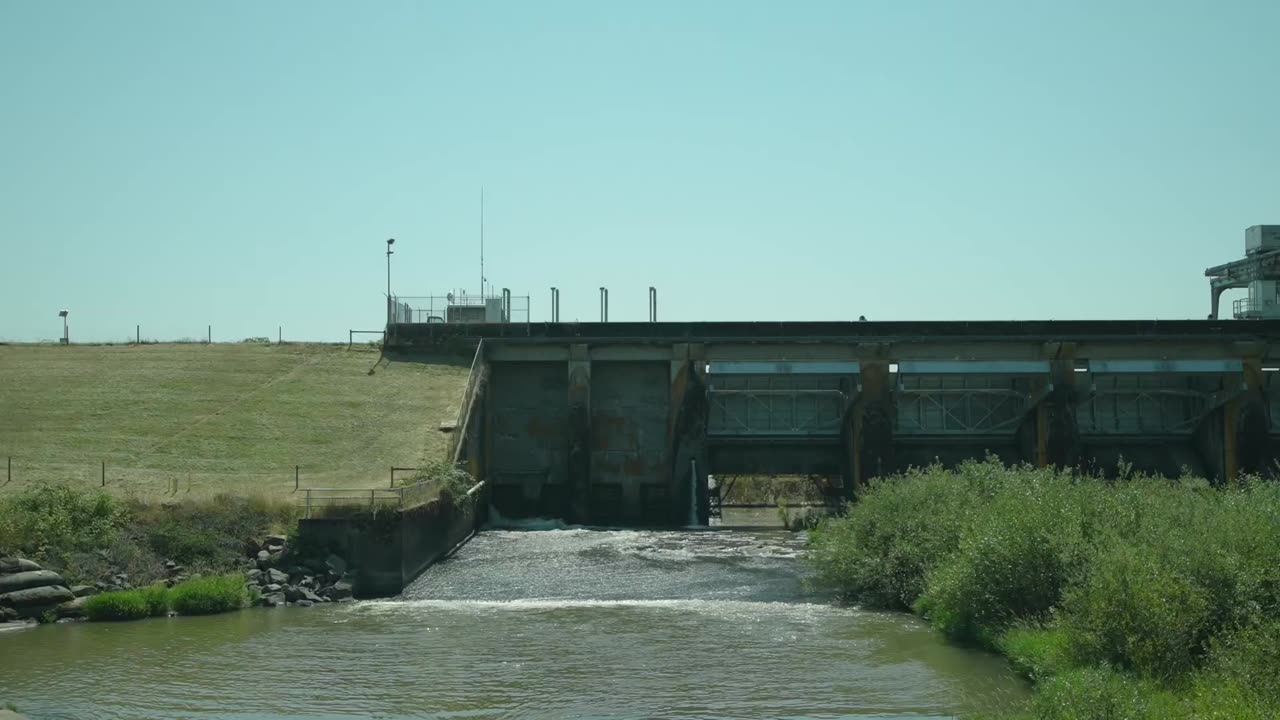Premium Only Content

SWOT: Earth Science Satellite Will Help Communities Plan for a Better Future
In an era of increasing environmental challenges and rapid urbanization, leveraging the power of Earth science satellites has emerged as a critical tool for communities to plan and prepare for a more sustainable and resilient future. This SWOT analysis delves into the strengths, weaknesses, opportunities, and threats associated with harnessing satellite data for community planning.
Strengths:
Earth science satellites provide a wealth of real-time and historical data on various environmental factors, including climate patterns, land use changes, natural disasters, and more. This information empowers communities with accurate insights to make informed decisions about infrastructure development, disaster response, and resource allocation.
Weaknesses:
While Earth science satellites offer a vast array of data, the challenge lies in interpreting and integrating this data effectively. Communities may struggle with limited technical expertise and resources to process and apply satellite information to their specific planning needs. Additionally, satellite data resolution and coverage might not always align perfectly with localized planning requirements.
Opportunities:
By integrating Earth science satellite data into community planning processes, opportunities arise for proactive risk management, early warning systems, and evidence-based policies. Communities can better assess vulnerabilities to natural disasters, monitor environmental changes, and optimize land use for sustainable growth. Collaboration between satellite experts, urban planners, and policymakers can bridge the gap between data availability and practical application.
Threats:
Dependence on satellite data alone may lead to overreliance and disregard for other valuable sources of information. Technical barriers and costs associated with satellite data acquisition, processing, and interpretation could hinder access for resource-constrained communities. Moreover, concerns related to data privacy, security, and equitable distribution of benefits must be addressed to ensure that the advantages of satellite data reach all segments of society.
In conclusion, Earth science satellites offer an unprecedented opportunity for communities to make informed decisions that enhance their resilience and preparedness for future challenges. By recognizing and addressing the strengths, weaknesses, opportunities, and threats associated with satellite data utilization, communities can forge a path towards more effective and sustainable planning, ultimately leading to a better future for all.
-
![Aug Day #10 of RCP 🤟 [FR/ENG] 🫶 Some Fortnite then Demos then continue on StarRupture 🫶 🤟](https://1a-1791.com/video/fww1/81/s8/1/O/0/c/-/O0c-y.0kob-small-Aug-Day-10-of-RCP-FRENG-Som.jpg) 4:24:45
4:24:45
Deaf Gamer Girl
5 hours agoAug Day #10 of RCP 🤟 [FR/ENG] 🫶 Some Fortnite then Demos then continue on StarRupture 🫶 🤟
13.2K -
 6:59:09
6:59:09
Reidboyy
9 hours ago $4.41 earnedBattlefield 6 #1 POV (Watch and Learn)
55.8K1 -
 2:25:42
2:25:42
TheSaltyCracker
3 hours agoThey So Mad ReEEeStream 8-10-25
63.8K160 -
 2:27:39
2:27:39
vivafrei
12 hours agoEp. 276: Epstein Subpoenas &Trump E.O! Bondi Offers Reward for Maduro Arrest? MADNESS IN CANADA!
94.7K94 -
 2:23:55
2:23:55
Barry Cunningham
7 hours agoPRESIDENT TRUMP IS NOT PLAYING AROUND...AND THE LIBNUTS CAN'T STOP HIM!
54.7K52 -
 22:02
22:02
Stephen Gardner
12 hours ago🔥JUST IN: Trump BETRAYAL plot EXPOSED!
75.6K250 -
 38:32
38:32
The Why Files
21 days agoThe Real CIA Vol. 1: 693 Pages of Secret Crimes
87.7K59 -
 49:12
49:12
MattMorseTV
10 hours ago $12.73 earned🔴Zelenskyy is NOT HAPPY about Trump’s NEW DEAL.🔴
94.1K134 -
 1:03:49
1:03:49
Warren Smith - Secret Scholar Society
4 days ago"You are on the brink" - My Conversation with Nick Fuentes
69.7K61 -
 8:05
8:05
Tactical Advisor
11 hours agoNEW Best Budget AR15 | PSA Guardsman (FIRST LOOK)
68.1K23